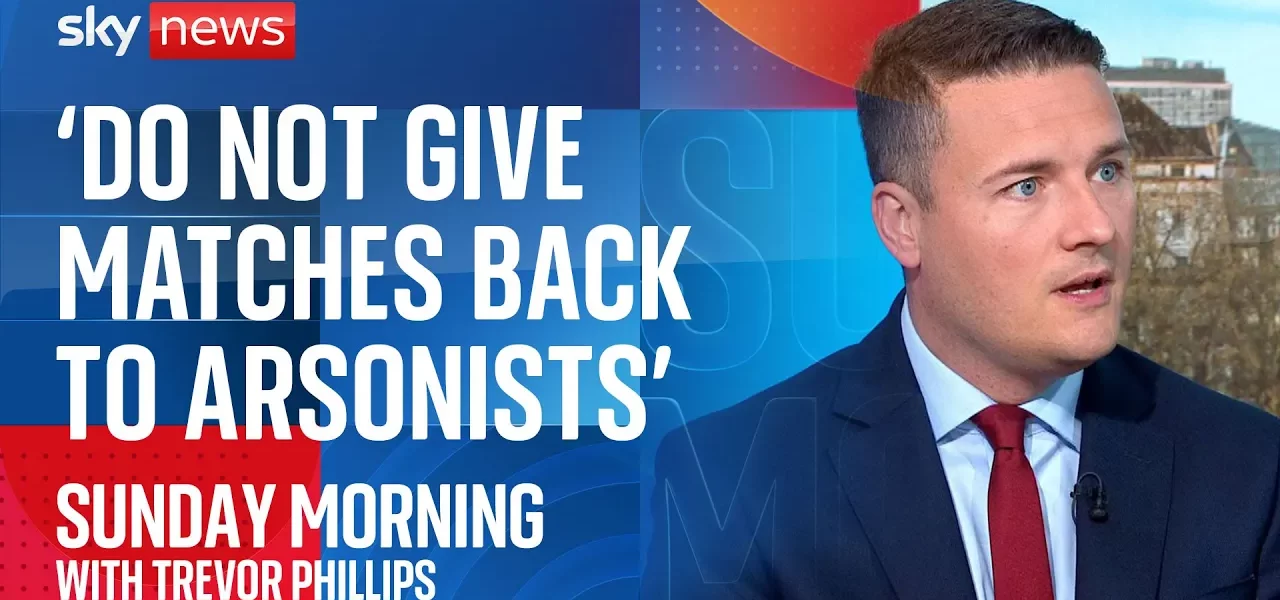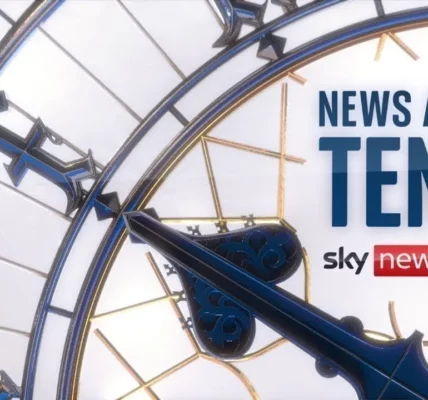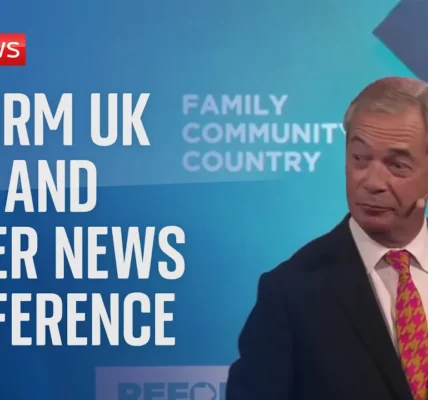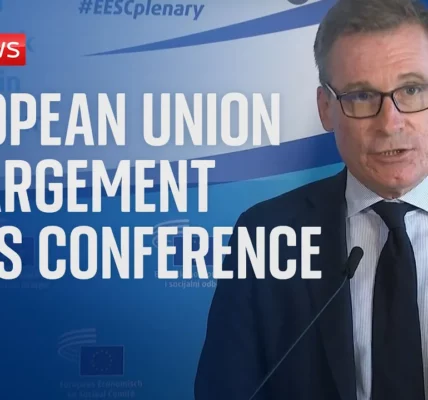Junior Doctor Strikes: A Call for Change Amidst Election Tensions

This article delves into the ongoing junior doctor strikes, the political implications surrounding them, and the urgent need for reform in the NHS as the UK approaches its elections.
Introduction
The junior doctor strikes have ignited considerable debate across the UK, with implications that extend beyond healthcare to the core of political dynamics as the country approaches its polling day on July 4th. The ongoing strikes highlight systemic issues within the NHS and the urgent need for reform in the treatment and conditions of junior doctors. As the political landscape evolves, the response of key political figures, particularly regarding the proposed pay increase of 35% and the ongoing negotiations, plays a critical role in shaping public perception and future policies.
The Impact of Junior Doctor Strikes
Junior doctor strikes have significant repercussions not only for the healthcare system but also for patients awaiting treatment. The strikes lead to:
- Delayed appointments and procedures
- Increased stress and workload on remaining healthcare staff
- Financial strain on junior doctors due to lost wages during strikes
As healthcare professionals advocate for their rights, it becomes evident that the stakes are high for all parties involved. Striking during an election campaign only exacerbates the situation, as political leaders grapple with public sentiment and the pressing need for reforms.
Political Responses to the Strikes
The political discourse surrounding the junior doctor strikes has been marked by differing perspectives, particularly among major party leaders. Key points include:
Government’s Stance
Current government officials have expressed frustration over the strikes, suggesting that they hinder the potential for constructive dialogue and resolution. Key claims include:
- Strikes are seen as detrimental to patient care.
- Political leaders advocate for postponing strikes until after the elections.
- There is a push for immediate negotiations post-election to find a workable solution.
Opposition’s Viewpoint
Opposition leaders, particularly from the Labour Party, emphasize the need for serious negotiations regarding pay and conditions. They assert that:
- The claim for a 35% pay rise is negotiable but reflects genuine concerns about living conditions.
- Junior doctors deserve better treatment regarding placements and work-life balance.
- They are committed to addressing these issues if given the opportunity in government.
Public Sentiment and Future Implications
The public’s reaction to the strikes and political responses is a crucial element of the electoral landscape. A few key sentiments include:
- Concern about the quality of care provided during strikes.
- Frustration with political leaders for not adequately addressing healthcare issues.
- A desire for change in the management and funding of NHS services.
As the elections approach, the ability of political parties to connect with the public’s concerns regarding healthcare will be critical in swaying voter sentiment. The Labour Party’s manifesto promises to provide real change, including:
- Increased funding for NHS services.
- Commitment to hiring more healthcare professionals.
- Addressing mental health support in schools and communities.
Conclusion
As the UK approaches a pivotal election, the ongoing junior doctor strikes serve as a microcosm of broader issues within the NHS and public finance. The need for urgent reforms and meaningful dialogue between healthcare professionals and political leaders is paramount. Voters are urged to consider the implications of their choices on July 4th, as the future of healthcare and public services hangs in the balance. It’s time for a change that prioritizes the needs of both patients and healthcare workers alike.
For more information on healthcare policies and the Labour Party’s commitments, visit our related articles on NHS Policies and Labour Manifesto Highlights.
“`




